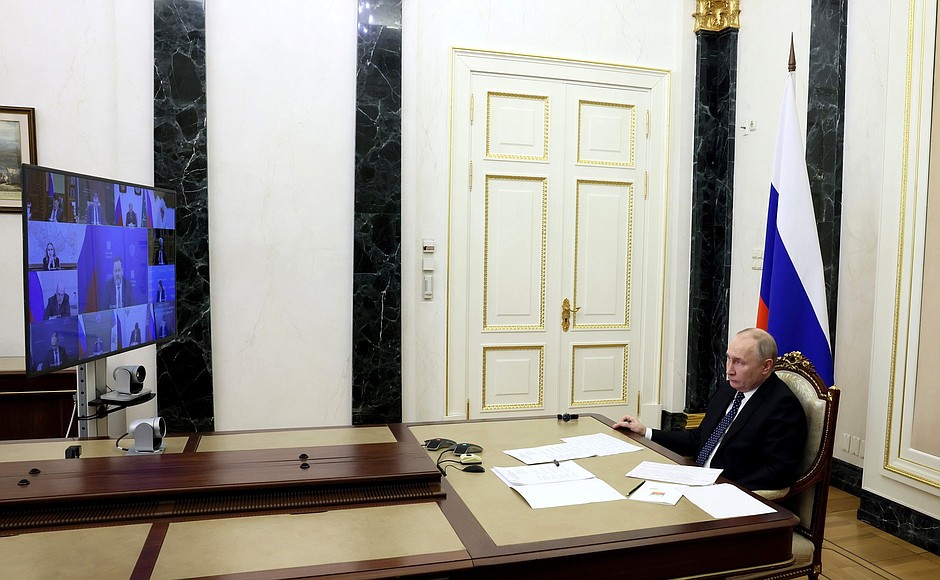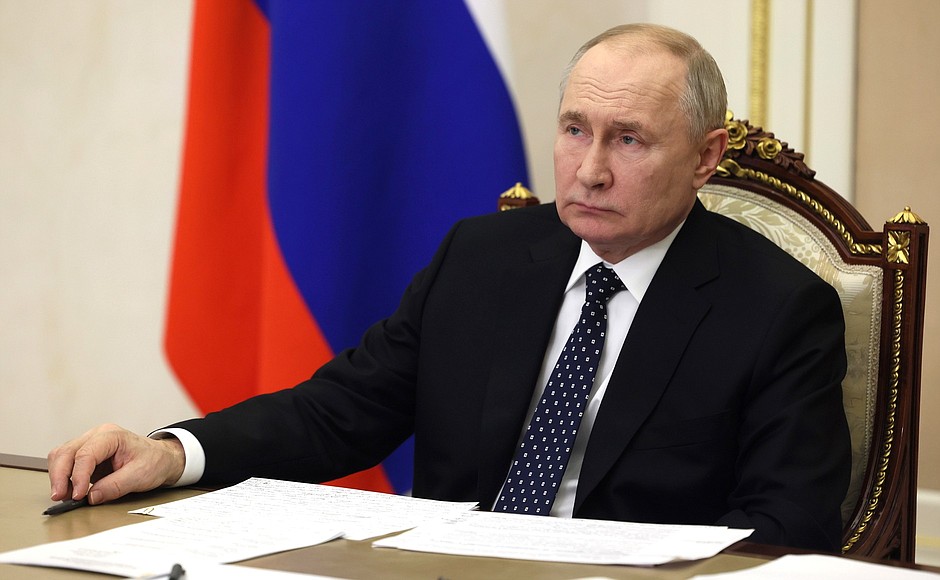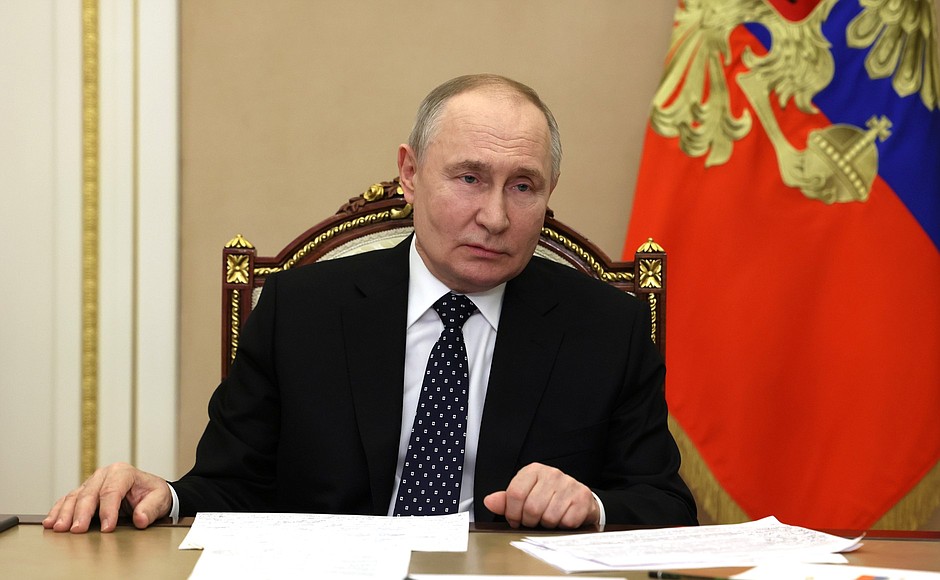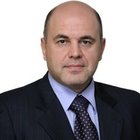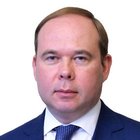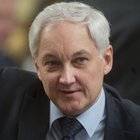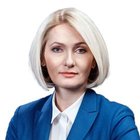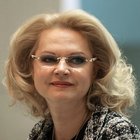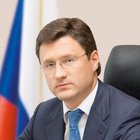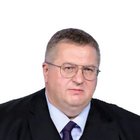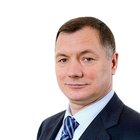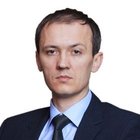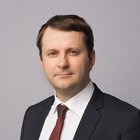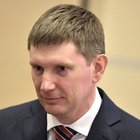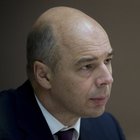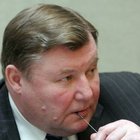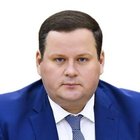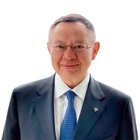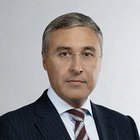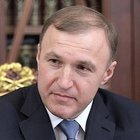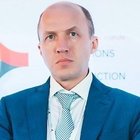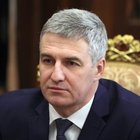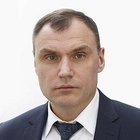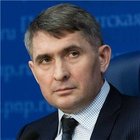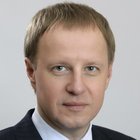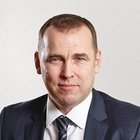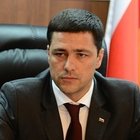The meeting was attended by Prime Minister Mikhail Mishustin, Chief of Staff of the Presidential Executive Office Anton Vaino, First Deputy Prime Minister Andrei Belousov, deputy prime ministers Viktoria Abramchenko, Tatyana Golikova, Alexander Novak, Alexei Overchuk, Marat Khusnullin, Dmitry Chernyshenko, Deputy Prime Minister – Chief of the Government Staff Dmitry Grigorenko, Deputy Prime Minister – Minister of Industry and Trade Denis Manturov, Presidential Aide Maxim Oreshkin, Minister of Economic Development Maxim Reshetnikov, and Minister of Finance Anton Siluanov. Minister of Natural Resources and Environment Alexander Kozlov, Minister of Labour and Social Protection Anton Kotyakov, Minister of Education Sergei Kravtsov, Minister of Agriculture Dmitry Patrushev, Minister of Construction, Housing and Utilities Irek Fayzullin, Minister of Science and Higher Education Valery Falkov, Head of the Republic of Adygeya Murat Kumpilov, Head of the Republic of Altai Oleg Khorokhordin, Head of the Republic of Kalmykia Batu Khasikov, Head of the Republic of Karelia Artur Parfenchikov, Head of Mari El Republic Yury Zaitsev, Head of the Republic of Tuva Vladislav Khovalyg, Head of Chuvashia Oleg Nikolayev, Governor of the Altai Territory Viktor Tomenko, Governor of the Kurgan Region Vadim Shumkov, Pskov Region Governor Mikhail Vedernikov, Chelyabinsk Region Governor and Chair of the State Council Commission on Economy and Finance Alexei Teksler, and Head of the Federal Agency for Youth Affairs Kseniya Razuvayeva were also invited to attend.
The main theme for discussion was the results of implementing individual regional development programmes and plans to extend them until 2025–2030. The participants also discussed a number of current issues.
Deputy Prime Minister Tatyana Golikova presented the draft Strategy for the Implementation of Youth Policy to 2030. As of today, the draft has been developed and is in the process of being approved by the agencies. Its goal is to create conditions for self-realisation of young people, their participation in the life of society, and career and social upward mobility. It is assumed that the new national project, Youth and Children, will become the main mechanism for implementing the strategy.
According to Ms Golikova, the national project will include all key measures to support the young people. It will also include measures to develop modern infrastructure for children and youth, such as youth centres, overhauls of school buildings, and construction of new schools as needed. The facilities and resources of the teacher-training universities will be upgraded. The national project will be used to create flagship schools of excellence to develop and replicate best practices.
The Minister of Labour and Social Protection Anton Kotyakov spoke about the youth employment policy. The minister informed the meeting participants about lower levels of unemployment among young people, which was cut by 50 percent over three years to 5.1 percent. According to him, the employment situation has improved in the most challenging among job seeker age group under 24. This group has seen a reduction in unemployment by more than a third.
In addition, Kotyakov noted that this year the new regions of Russia will adopt a set of measures under the programme to promote youth employment. The programme has been underway since 2021 upon the instruction of the President of Russia, and such measures have been adopted in 85 regions.
Minister of Science and Higher Education Anton Falkov updated the audience about the training of specialists in the higher and secondary vocational training. His report was complemented by Minister of Education Sergei Kravtsov, who emphasised the role of the educational programne, Professionalism, in the system of secondary vocational education.
Head of Rosmolodezh Ksenia Razuvayeva summed up the results of the World Youth Festival, which was held in Russia, in the federal territory of Sirius from March 1 to 7, 2024. A total of 20,000 young people took part in it: 10,000 from Russia and the same number from other countries. Ksenia Razuvayeva said that the festival will be held in Russia once every six years.
According to her, foreigners will be able to take part in international sessions of federal youth education summer forums. In addition, all 16 youth centres will launch training programmes available to foreign citizens.
Reports on the main topic of the meeting, which was the implementation of individual programmes of regional development and plans to extend them to 2025–2030, were presented by Minister of Economic Development Maxim Reshetnikov and Governor of the Chelyabinsk Region and Chairman of the State Council Commission for Economy and Finance Alexei Teksler. Finance Minister Anton Siluanov made a comment on this subject.
* * *
Excerpts from the transcript of the meeting with Government members
President of Russia Vladimir Putin: Good afternoon, colleagues.
Today, we will focus on the results of the implementation of individual regional development programmes and plans to renew them for 2025–2030. Before I begin, I would like to congratulate you and the Prime Minister on delivering the Government performance report to the State Duma. I watched it live. It unfolded in a good and dignified manner, and was to the point. Yesterday, I discussed it with Mr Mishustin in the evening.
However, we need to move forward, and I would like to start our meeting by discussing one of the most important new national projects, Youth and Children. Alongside some of our colleagues and young people, I just opened 12 new youth centres in different regions. Let us begin with that.
<…>
Now, I suggest that we move on to the main item on today’s agenda.
Maxim Reshetnikov will deliver a performance report for the targeted regional development programmes. Go ahead, please.
Maxim Reshetnikov: Mr Putin, colleagues.
We launched the targeted socioeconomic development programmes in 2020 for the regions where unemployment and poverty levels were above the national average, while they were falling behind in terms of household incomes and investment.
These programmes were designed to create new growth drivers and facilitate priority development. It is for this reason that we designated fixed capital investment and new job creation as performance indicators for these programmes.
Every region received 5 billion rubles for a five-year term, and every region of the Russian Federation had a federal agency, usually a ministry, as a curator. This offered a foundation for devising about 240 initiatives as part of these programmes.
As of today, almost half of them have been completed. We can already see that some targets were achieved ahead of schedule. With over 14,000 jobs created, we have already fulfilled 83 percent of the annual plan, while exceeding our investment targets by raising over 100 billion rubles. This enabled regions to demonstrate above-average growth in terms of their key socioeconomic indicators.
For the ten regions, average per capita income increased faster compared to the national average. In this regard, I would like to mention the leading regions: incomes rose by 23 percent in the Republic of Tyva, the Republic of Adygea reported a 15-percent increase, and Chuvashia added 14 percent. There was positive momentum in terms of declining poverty rates, while unemployment decreased twice as fast compared to the national average. So far, the average for investment growth has remained slightly below the national indicators, although quite a few regions have generated positive momentum: Altai almost tripled its investment, Mari El increased it by half, and Chuvashia and Karelia by a third.
How have they achieved these results? There are several factors here.
Facing sanctions, we worked with the regions to finetune our targeted programmes by focusing on projects which produced maximum economic benefits and had something new to offer for the priority sectors, primarily in agriculture, processing and tourism.
(The Minister went on to list projects with the highest economic impact, mentioning the Republic of Altai, the Republic of Tyva, the Republic of Mari El, and the Republic of Kalmykia as examples. These programmes helped resolve urgent social challenges people were facing in the Republic of Adygea, the Republic of Altai and Kalmykia, Anton Siluanov added).
In the future, we propose financing social projects primarily through national projects, of course, which means that we should take the requirements of the relevant regions into account right now, as we formulate new national projects. As for the funds of individual programmes, they should be focused on financing economic projects.
We also combined the funding of the programmes’ events with other state support mechanisms.
(When speaking about combining individual development programmes with other state support mechanisms, the Minister cited the example of the Kurgan and Pskov regions.)
The work of regional teams with their curators played a large role in this, primarily, cooperation with colleagues from the Agriculture Ministry, the Ministry of Trade and Industry, the Ministry of Natural Resources and Environment, the Ministry of Construction and the Finance Ministry. Overall, this mechanism proved to be effective, and we have devised new approaches to the further implementation of this programme, as per your instructions.
What exactly do we propose? First, we propose stipulating that at least 70 percent of funding for each programme should be invested in stimulating economic development. Also, when selecting projects, we will focus on return on investment, prioritising projects that guarantee maximum returns for regional budgets in terms of taxes.
To effectively monitor the implementation of all ten programmes, we propose uniting them into a single programme or possibly a single national project, depending on the chosen structure. At the same time, this programme should not be used just as a mechanism for the adjustment and settlement of problems that have piled up – I am referring to new programmes – but as a tool for realising the development strategy of every region.
In this context, they should also be combined with the master plans that will be developed for the main population centres, as well as with the implementation of the updated national projects in the regions and with regional strategies. Like we did before, the mechanism of individual programmes should be combined with other support tools, of course. We have seen that the most effective method is when we do not try to find substitutes for some events but take the events set out in the industry-specific and individual programmes and implement them as a package jointly with the regions.
Speaking about the list of regions, we propose using the four previous indicators when forming new lists: unemployment, poverty, people’s incomes, and investment. We also propose adding two new indicators, at the suggestion of the Finance Ministry: the regions’ tax and non-tax revenues, and their imputed fiscal capacity.
In addition, we propose excluding from the list the regions where other targeted support mechanisms are being used, such as state development programmes for the North Caucasus, the Far East, Crimea and Sevastopol, as well as separate socioeconomic development programmes of individual regions. We have such programmes for Kaliningrad, Mordovia, the Komi Republic and Kuzbass.
Considering these approaches – which we also used last time – we will get the following list of regions: the Republic of Tyva, the Republic of Altai, the Republic of Mari El, the Kurgan Region, the Republic of Kalmykia, and Chuvashia. The Pskov Region and the Altai Territory will remain among these regions for now, and programmes will be developed for them. Adygea and Karelia, have greatly improved their socioeconomic indicators and have been removed from the ten list thanks to individual development plans. We propose including the Republic of Khakassia and the Kirov Region to replace them.
At the same time, I would like to note that the Government has extended the federal targeted programme for Karelia until 2030 in line with your instruction, and has allocated the corresponding funds. This is why we will be able to complete the projects that have not been fully completed yet within this programme. However, there are no additional mechanisms like this to support the progress made by Adygea, even though the region still has several important projects that need to be completed. This is a task we must address.
At the same time, I would like to urge my colleagues from the regions, regardless of future decisions on extending the programme for their organisation, to continue focusing on completing all facilities and ongoing activities planned within the existing programmes.
The Government has generally agreed on these approaches. The Ministry of Finance has provided funding for 2025–2026, and we will now draft the budget for 2027.
Therefore, Mr President, if you support these proposals, we are ready to quickly finalise all programmes with the regions over the summer – we already have projects – so that in September the Government will approve them and add them to the draft budget. That way we can immediately begin their implementation, without any impediments, starting from 2025.
I ask you to support these proposals.
(Governor of the Chelyabinsk Region, Head of the State Council Commission on Economics and Finance Alexei Teksler, continued the discussion. He advised against immediately cutting off state support once the region is back in the black, and proposed maintaining annual federal funding in the amount of 500 million rubles for several years after the region completes its individual development programme. He also proposed considering various options of support for regions with low fiscal capacity, which are not included in any special programmes. For example, two-thirds of their federal loans can be written off.
The President asked First Deputy Prime Minister Andrei Belousov and Finance Minister Anton Siluanov to comment on Alexei Teksler’s proposals. Andrei Belousov said he generally supported them, while the potential effects of the debt write-off needed to be thoroughly assessed. According to the finance minister, it would be wrong to write off their debt without any additional conditions. However, it could be written off if the region agreed to direct these funds to infrastructure development, Anton Siluanov added.)
Vladimir Putin: (Addressing Anton Siluanov) On the whole, I agree with your approach. Still, six or seven regions with fairly low fiscal capacity are indeed not covered by any support measures. You were right to say – I am referring to what the finance minister said – that we need to focus on them when allocating resources for national projects. We will need to see what goals these national projects have exactly, in the context of the need to support regions with low fiscal capacity. Appropriate resources should be directed there.
Regarding those of the ten regions that have achieved good results in this work, as far as I understand, and as my colleagues told me before our meeting, certain tools continue to be implemented in Karelia, but not in Adygea. The regions that have shown good results are clearly not confusing their own wool with the state wool – sorry for this cinematic language – and are working quite effectively. It would be wrong to take support tools away from those who achieve results.
Therefore, agreeing with Mr Siluanov, I would like to ask the Ministry of Economic Development and our other colleagues to see what could be done to support Adygea. Or, as our colleague Alexei Teksler suggested, they could continue to receive 50 percent of their previous funding; alternatively, as in other regions, they should be given the opportunity to develop areas that are of interest to them as part of the existing national projects.
Alexei Teksler said that tourism is very important for them. We have a whole range of programmes to support domestic tourism – so maybe we could take something from there. I agree with Mr Siluanov here. If you cannot find enough funds to support the republic, then maybe we could give them something extra – to support those who have shown that they can work effectively.
I believe we can adjourn the meeting at this point. Thank you.
<… >
